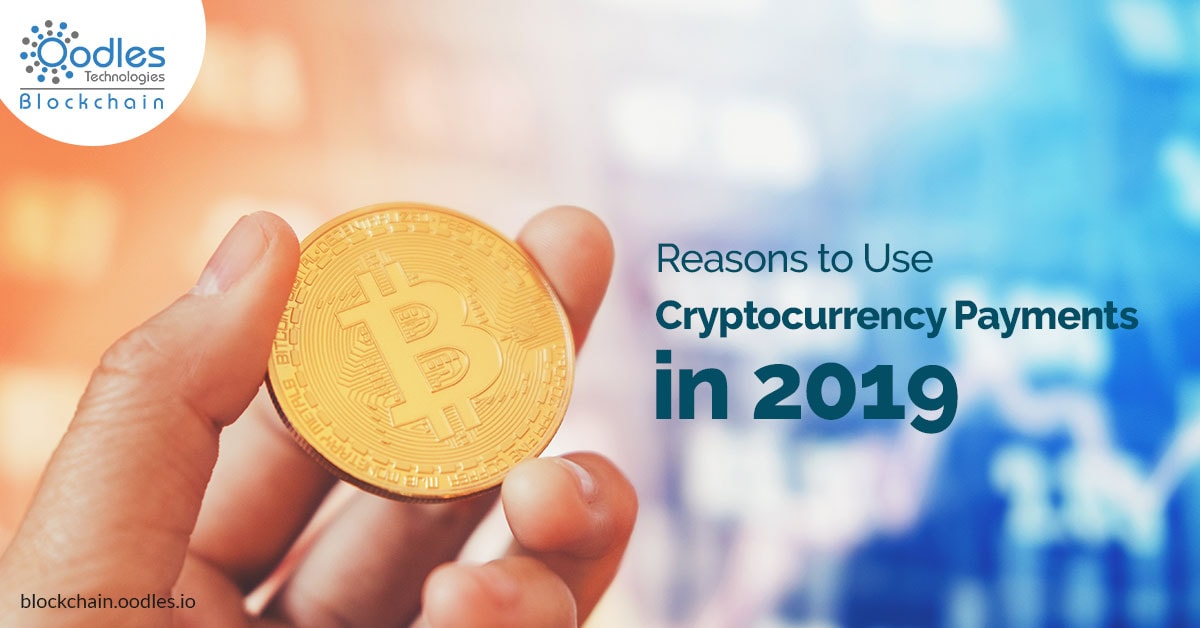-
Although there's a rapid increase in the number of fiat-based payment processors equipped with a variety of tools and payment methods, adding cryptocurrency payment solutions into the mix (in your business) can provide consumers and merchants with unprecedented benefits. Some of the benefits you can gain by allowing to pay in cryptocurrencies are simplicity, privacy, lower overall cost, security, and an increased level of control over funds.
Reasons to use Cryptocurrency Payment Solutions/Methods
Once you've integrated Cryptocurrency Payment Solutions, it can offer numerous ways to earn interest with almost little or no effort and help protect users' sensitive data and hold on the go 24/7.
1. Minimal Fees
Not long ago, cash was king. Financial institutions used to incentivize people to keep cold hard cash in their coffers. Today, banks of all types, including debit and credit cards, charge users for their services - money that goes in vain and gives no benefits, nevertheless, there's some interest earned. Wondering how minimal is the interest we earn and get charged for their services, here's a rundown of some fees: ATM fees, Merchant fees, debit & credit card fees, checking account fees, paper fees, overdraft fees, check fees, transfer fees, change fees, charge-back fees, foreign transaction fees, minimum balance fees, inactivity fees, false decline fees, etc. On the contrary, cryptocurrency payment gateways like Coinpayments and Bitpay charge between 0.5% to 1%/transaction. Mostly, a crypto account (a digital wallet where your cryptocurrencies get stored and used) is entirely free. Also, unless you choose to invest in crypto hardware wallets or prepaid cards, except for the transaction fee, using cryptocurrencies as money is free.
2. Sensitive Personal Information
Financial institutions, as well as retailers and service providers, always have access to their customers' personal and financial information. Details such as our name, address, employers, net worth, investment, assets, social security number, account balances, credit line, credit score, and transaction history, as well as everything we do and buy, include our professional, personal, and financial data sets. Using traditional financial institutions and conventional fiat currency, our privacy is no longer private. Cryptocurrency transactions present an option by curbing the amount of transaction data to numbers popularly known as cryptocurrency wallet addresses and transaction IDs used to confirm that a wallet-to-wallet transaction was conducted. A cryptocurrency payment solution acting as a third party might require your name (your shipping address to deliver physical goods), but other information remains private as long as you don't proceed with connecting your bank or credit card account and start transacting solely in altcoins.
3. Global Use
Cryptocurrencies are a borderless method of exchange that enables users to make instant and cost-effective transactions across the world. You don't have to wait, no international fees are charged, and no restrictions as to who can or cannot transfer funds to whom, and when or where those funds can be accessed. An Internet-enabled device is required to provide someone, without access to a banking institution, an alternative solution using which they can safe-keep their funds, pay bills, earn income, make purchases, and do business. Another benefit of using cryptocurrencies while traveling is that it can be used as a remote source of emergency reserves accessible without an ID, a bank account, a wire transfer, or even a personal computer, but only a smartphone.
4. Simplified E-commerce
Enabling cryptocurrency payment solutions online has never been easier. Shopify and Etsy retailers can choose to accept BTC, BCH, and altcoins. Woocommerce and Easy Digital Downloads merchants can use WordPress plugins like Mycryptocheckout for payments. And then there's Shapeshift which provides customers the option to pay in multiple cryptocurrencies. Shapeshift comes integrated with cryptocurrency payment solutions like Bitpay and Coingate which are equipped with cryptocurrency wallets like Coinomi and Keepkey. Besides, there is Purse.io, an online platform where users can purchase things from Amazon and pay in cryptocurrency and it is also integrated with Shapeshift, likewise Magento and Openbazaar. Providing the option of cryptocurrency payment solutions is super simple and quick. You just need a cryptocurrency development company offering crypto payment gateway development and integration services.
5. No Chargebacks to Avoid Fraud
Sadly, some buyers purchase, accept the items they ordered and, probably, even use them only to withdraw their payment. They can do this as payments in fiat currency are not instant. On the other hand, with cryptocurrencies, things are not the same. Once you've conducted a transaction, there is no turning back. Funds go from one wallet to another, the transaction gets recorded and can't be reversed. However, a customer can return an item and request a refund by directly getting in touch with the vendor. They can. They need to place an order, make payment, receive it, and then request the vendor to provide the sum they paid back to their account. Chargebacks are intended to deter fraud and still, they frequently achieve the very opposite. In this example, cryptocurrency operates the same way as fiat money. After you've got the item you paid for with money, you can't visit the store with a degraded or used item and ask for money back. A few more relevant reads: Ripple: For Making Lighting Fast Cross-Border Payments The Ins and Outs of Cryptocurrency Wallet Apps Development Cryptocurrency Development Services Cryptocurrency Development Solutions

Our Offices
INDIA
Emaar Digital Greens, Sector 61,
Gurugram, Haryana
122011.
Welldone Tech Park,
Sector 48, Sohna road,
Gurugram, Haryana
122018.














